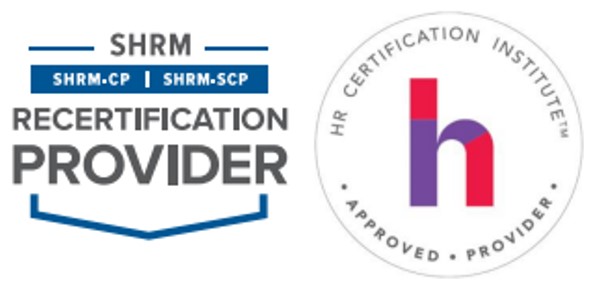Description
The “Temporary Professional Worker” visas are available to individuals with a four-year bachelor’s degree from the U.S. or abroad seeking a “Specialty Occupation” position with a United States employer. Under recent interpretations, the employer can be a corporation owned entirely by the foreign professional and/or his/her family. The visa is available for a maximum of six years and also can lead to permanent residency.
Basic Requirements Summary
The H-1B visa allows a professional worker from abroad to be employed by a U.S. employer (the Petitioner). The fundamental requirements for these positions are:
- The position must qualify as a “specialty occupation”. The USCIS defines a “specialty occupation” as one that requires the employee to have and use theoretical knowledge about the discipline involved and one that requires all holders of the position to have at least a 4-year college degree,
- The candidate possesses the equivalent of at least a U.S. Bachelors Degree in a field required by and closely allied to the specific occupation. Relevant, progressive and pertinent experience may, in some cases, substitute for formal years of education.
An H-1B employee may remain in the United States up to 6 years (two 3-year terms) and no particular relationship between the prior employer abroad and the U.S. corporation is required.
Specific requirements to obtain a visa
- The candidate must possess a U.S. Bachelors Degree or foreign equivalent,
- If the degree is from a foreign university, the USCIS requires an analysis by an independent credentials evaluations service attesting that foreign degree is equivalent to U.S. Bachelors Degree,
- The candidate must possess a valid job offer, in a “specialty occupation” that closely parallels the training and background of the particular candidate,
- Approval of a Labor Condition Application with the U.S. Department of Labor,
- Prevailing wage survey conducted by the local state employment agency to protect the employer,
- I-129 petition approved by USCIS.
Employer requirements:
Qualifications
The employer must have a U.S. taxpayer identification number. Foreign businesses not established in the U.S. cannot use the H-1B to bring employees to the United States.
Labor Condition Application
The employer must obtain an approved Labor Condition Application (LCA) with the Department of Labor (DOL). The LCA form must be posted in two conspicuous places at the work site and describe the position, salary, working conditions, labor conditions, etc. Once the LCA is approved, the petition is filed with the U.S. Citizenship & Immigration Services (USCIS). The employer must document that the position requires the services of a person in a “specialty occupation”. This means a person who is working in the occupation is a professional with theoretical knowledge and who has a minimum of bachelor’s degree or its equivalent.
Other Employer Obligations
The employer must maintain wage and hour records, as well as information concerning working conditions for all similarly situated employees. Upon request, these records must be provided to DOL’s Wage and Hour Division. If the employer terminates the services of the employee prior to the expiration of the H1-B visa, the employer is responsible for paying the employee’s return transportation to his or her last foreign residence.
Special Candidate requirements:
The employee must prove that he or she is qualified for the specialty occupation and the specific job offered by the employer. The employee must be able to show that his or her foreign university degree is the equivalent to a U.S. degree by obtaining an evaluation of his or her education.
If the worker is in the U.S. and currently holds a valid nonimmigrant visa status, he or she may apply in the U.S. for the H1-B visa. For example, if he or she is in lawful student status (F-1) the worker may seek a change from F-1 to H-1B. This change only gives the person the ability to work in the U.S. for the sponsoring employer. If the worker needs to travel abroad, he or she will need to apply for an H1-B visa at a U.S. Consulate. Workers not in lawful status in the U.S. or those residing abroad, apply for an H1-B visa at a U.S. Consulate.
Validity Term
The H-1B is a temporary visa with specific limitations on periods of stay in the United States. The initial petition may be approved for up to three years. After the initial period, three years are available. Under very certain conditions, if the candidate has successfully completed certain parts of a Permanent Resident petition (Green Card) it is possible to extend the H-1B status, in yearly increments, until the Green Card is approved.
The employer must update or re-file the LCA and must file H1-B petition extensions. After six years, the worker must spend one year outside the United States before he or she is entitled to have another H1-B visa.
Permanent Resident (Green Card)
Many workers on H1-B visas obtain permanent resident visas (the “Green Card”) during their initial stays in the U.S.
